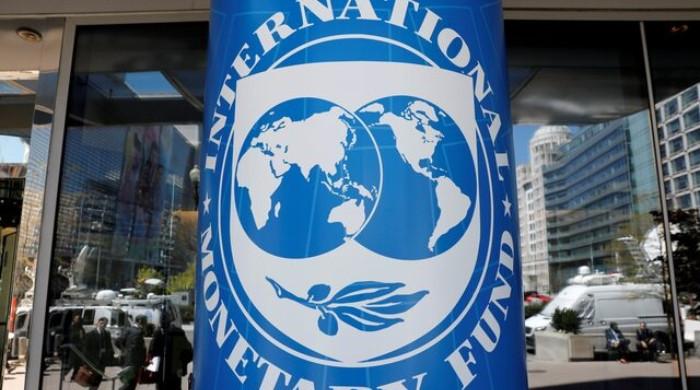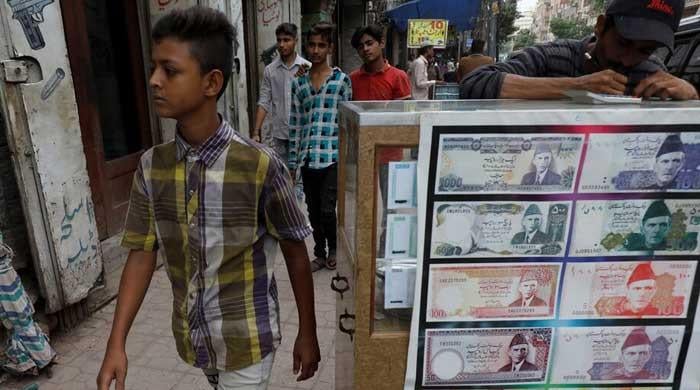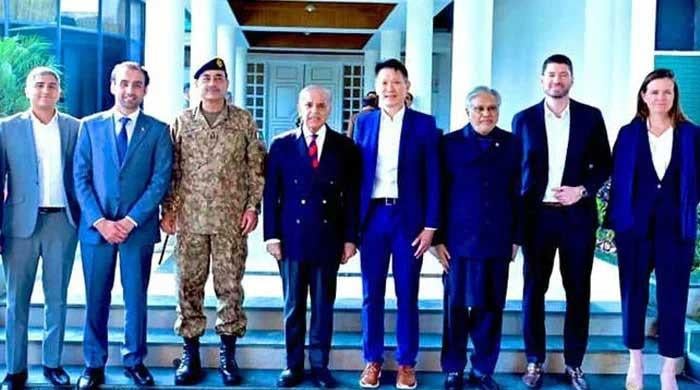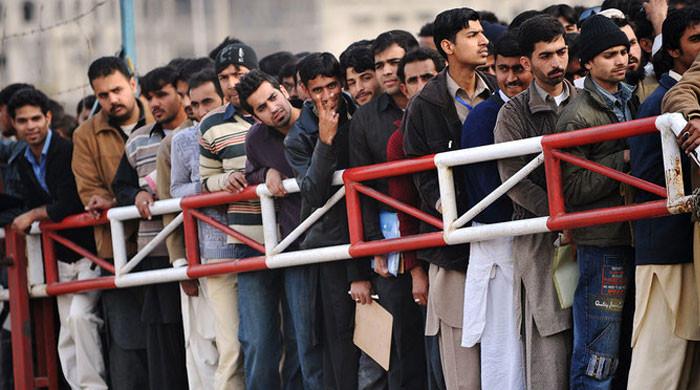Cultures of resilience
Living in fear and shutting down everything important and precious cannot be the way we respond to unpredictable potential threats
March 07, 2023
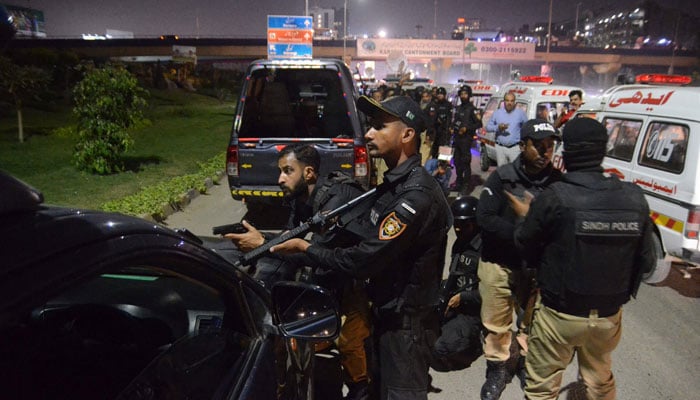
The attack on the Karachi Police Office was upsetting and disturbing, but not as shocking as it perhaps should have been. I was at the Karachi Literature Festival enjoying an evening of networking and meeting people who share my interest in literature, art, culture and the ways that these weave their way through our political and economic lives. People were getting live updates on their mobile phones and the responses were mostly very practical — what route should we take to avoid the inevitable traffic jams on one of the main roads of Karachi.
This is, to be fair, not the worst attack Karachi has experienced. Nor is it completely unexpected. The attack on a mosque in Peshawar was a reminder that we are not yet out of the woods with regard to security concerns. The economic crisis is hitting people very hard, so we’ve already been hearing about a rise in street crime across Karachi, so it is not too much of a stretch to have anticipated some politically motivated violence in the mix.
Not for the first time, I am in awe of the resilience on display by local people. In northern Punjab, I remember asking friends if they were nervous about going to political rallies in the 2013 election and they said, yes. They were nervous, but political violence was just one of many potential risks they face in their lives and they didn’t understand why anyone would let potential risks stop their important activities in life.
I heard the same story multiple times, which makes me think it may not ever actually have happened. People told me they were at a wedding in a city (Lahore, Rawalpindi, Peshawar and so on). A bomb went off outside the wedding hall. People stopped for a few minutes to check out the location of the bomb, and when they realized it was more than 100 meters away, they went back and enjoyed the wedding. While the story is probably not literally true, the message conveyed is that life must continue. Living in fear and shutting down everything that is important and precious cannot be the way we respond to unpredictable potential threats.
There is something profoundly moving in the way some local people deal with danger. If I could bottle the courage and ingenuity that so many Pakistanis display in the face of high-profile violence, I am sure I would be a very rich person. The world has a great deal to learn about coping with adversity from those who have actually done it on a regular basis for decades.
As an anthropologist, I am interested in cultural patterns and one way of discerning the boundaries of the patterns and how they change over time is when their expectations are tested and broken. A group of men attacking agents of the state tests not only the strength of the state but also the resilience of the society. When a society is put to the test, do the people within it retreat into an imaginary and exclusionary safe space? Or do they continue to engage with the world around them and cling to the things that make it worth being part of society? While there are certainly reasons to be cautious about the future, the fact that the people around me during an ongoing attack were both monitoring the situation and enjoying what a literature festival has to offer, is compelling evidence that this society can survive and even thrive despite the nightmarish violence that some people want to commit.
Professor Stephen Lyon is the inaugural dean for Aga Khan University’s new Faculty of Arts and Sciences (FAS). He is a cultural anthropologist with an interest in social organisation, cultural systems, conflict and development in rural and urban Pakistan.





